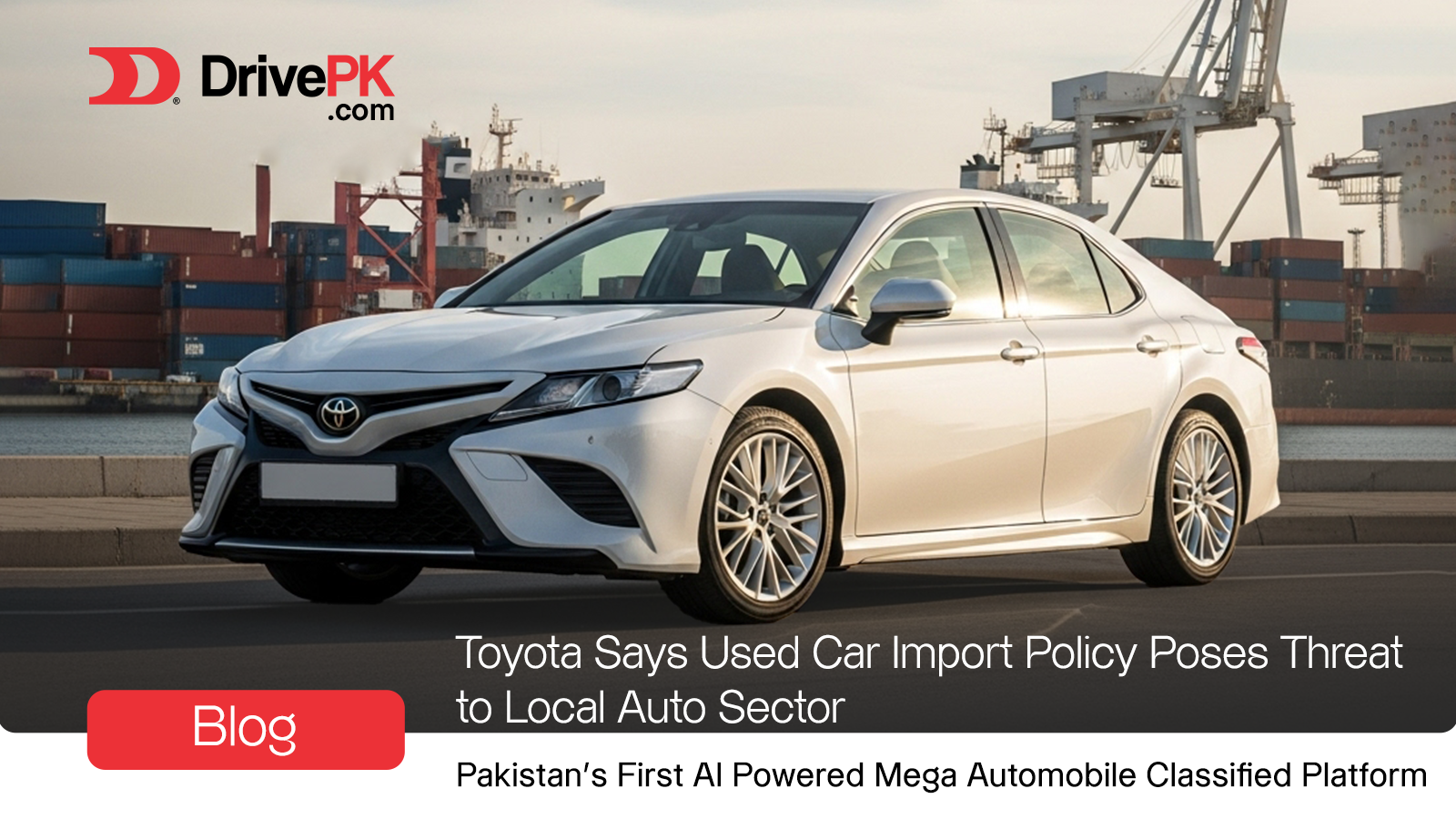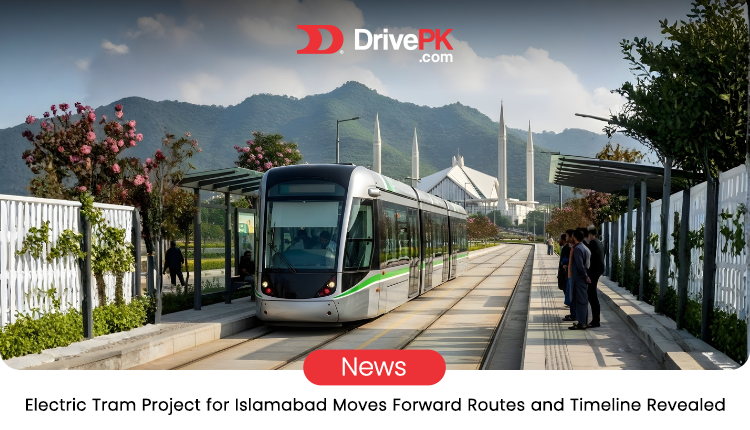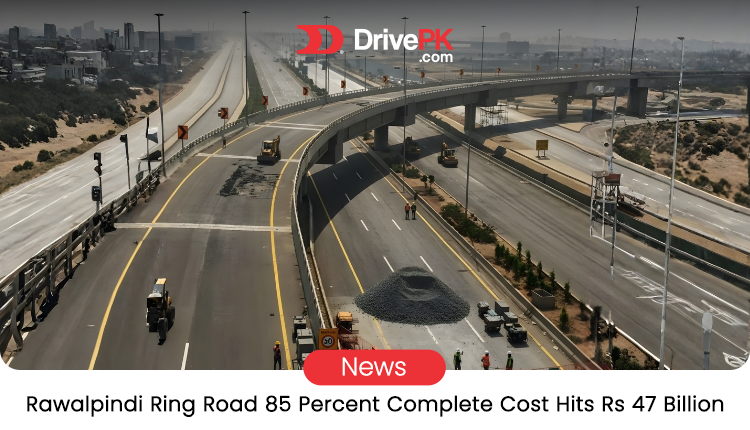Used Car Imports Hit Record High, Is Pakistan's Auto Industry in Trouble?
Used car imports in Pakistan soared 54% this quarter after relaxed rules on five-year-old vehicles, prompting warnings from Toyota and local manufacturers about risks to jobs, factory output, and the long-term stability of Pakistan’s auto industry.

Table of Contents
- Toyota's Strong Start, But Shadows Loom
- Why the Worry Over Used Cars?
- Calls to Rethink the Policy
- What This Means for Buyers and Makers
- Looking Ahead
Used car imports into Pakistan jumped 54% this quarter. That's 13,537 vehicles, up from 8,771 last year. The surge follows a government policy shift in September 2025. It now allows commercial imports of used cars up to five years old, with a 40% extra duty. Indus Motor Company, the local arm of Toyota, sounds the alarm. They say this could hit the homegrown auto sector hard.
Toyota's Strong Start, But Shadows Loom
Toyota Pakistan posted solid numbers in Q1 of fiscal year 2026. Production climbed 54% to 10,230 units. Sales rose even more—59% to 9,976 units. That's good news after tough times. But the company runs at just half its full capacity. And broader issues weigh in. Currency swings make planning tough. Auto loans remain scarce for many buyers. Rules keep shifting, adding uncertainty. Then there's the flood of used imports, undercutting local sales.
These factors create shaky ground. Even with growth, the market feels fragile. Local assembly lines hum along, but not loud enough to fill the gap.
Why the Worry Over Used Cars?
Cheap used imports draw crowds. They're often priced lower than new local models. That pulls buyers away from factories here. Indus Motor warns that it weakens supply chains. Jobs could take a hit. Investor trust might wane, too. The policy aims to open trade and cut duties over time. But Toyota sees risks to economic stability. Used cars add to the import bill without boosting local skills or output. And with the industry's total capacity at 500,000 units a year, half-empty plants mean missed chances for growth.
Local makers like Toyota build more than just cars. They create jobs, train workers, and feed into parts suppliers. A tilt toward imports could slow that momentum. It's a balance between affordable options for consumers versus a healthy industry at home.
Calls to Rethink the Policy
Toyota urges a second look. They want safeguards for local manufacturers. The goal? Keep the sector growing steadily. Without tweaks, the report says, disruptions could ripple out. Supply lines weaken. Employment dips. Long-term auto dreams fade. The company eyes exports and hybrids for the future. But steady rules are key.
Interestingly, Indus Motor is also exploring used imports itself. They seek details from the Engineering Development Board on how to comply. It's a pragmatic step amid change. Still, their main push is protection.
What This Means for Buyers and Makers
For car shoppers, more used options mean variety. Prices might ease on some models. But if local production slows, new cars could get pricier or scarcer. And that's where it stings. The auto world here employs thousands. It ties into everything from steel to tires.
The debate boils down to choice versus control. Government weighs trade openness against home industry health. Toyota's voice adds weight; they've stuck around through ups and downs.
Looking Ahead
Pakistan's auto scene could pivot big. Policy tweaks might come soon, especially with voices like Toyota's in the mix. Watch for updates from the Commerce Ministry or tariff talks. If you're buying or building, stay sharp. Change like this doesn't happen in a vacuum. It shapes roads, jobs, and wallets for years.For more updates, visit DrivePK.com
Tags
Share this article
About the Author
Najeeb Khan
Automotive enthusiast and writer
Comments (0)
Login Required
You need to be logged in to comment on this article.
No comments yet. Be the first to share your thoughts!
Related Articles

Karachi Red Line BRT Project Update 2026: Sharjeel Inam Memon Shares Timeline and Challenges
Sharjeel Inam Memon updated on the Red Line BRT in Karachi. The project could need another 18 months to complete after facing big challenges. Side roads will be ready before Eid. Key work on University Road finishes soon. Efforts continue to clear bus import hurdles

Islamabad Electric Tram Service 2026: CDA Starts Feasibility Study for New Routes
Capital Development Authority has begun work on an electric tram service in Islamabad. The move follows direct orders from the federal interior minister. The feasibility study must finish in three months. Routes planned from Islamabad Airport and Rawat to Lake View Park. The system will be fully cashless.

Thalian Interchange Work Starts Next Week on Rawalpindi Ring Road, Cost Now Rs 47 Billion
Work on the Rs 5 billion Thalian Interchange of the Rawalpindi Ring Road starts next week. The divisional administration will acquire 358 extra kanals near the motorway, raising the total project cost to Rs 47 billion. More than 85% of the road is already finished. Bookings for toll and e-tags are expected to follow the Lahore model at Rs 80 per vehicle.